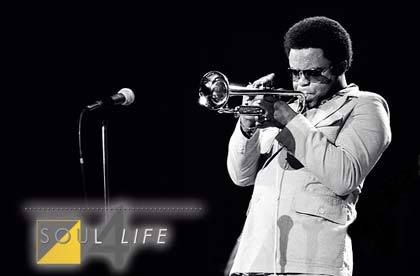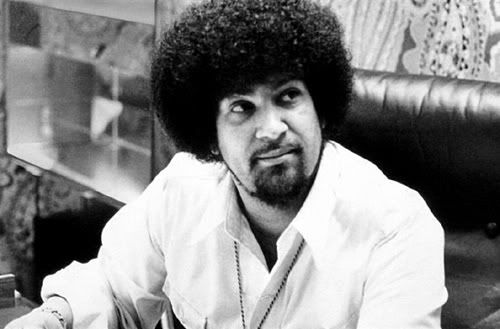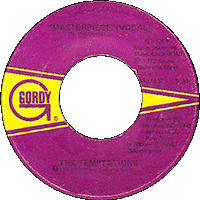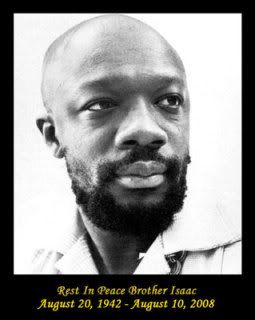Jazz luminary Freddie Hubbard has passed away.
According to spokesman Don Lucoff, the 70 year old musician died at Sherman Oaks Hospital, in Sherman Oaks, California, this morning. The cause of death was from complications of a heart attack he suffered on November 26.
A renowned trumpeter and composer who helped define the 1960s jazz era, Hubbard played with artists John Coltrane, Ornette Coleman, Bobby Hutcherson, Oliver Nelson, Andrew Hill, Eric Dolphy, Herbie Hancock, Wayne Shorter, McCoy Tyner and countless others.
He was recorded on over 300 albums as a leader and a sidesman on various record labels such as Impulse!, Columbia, Elektra, MPS, Music Masters, Telarc, Blue Note, Atlantic and CTI Records.
I'll wrap up this post with an outstanding rendition of one of Freddie's signature compositions; Milt Jackson's 1972 recording of "Little Sunflower" (redubbed "Sunflower" for this release) featuring guest appearance by Hubbard himself.



















































